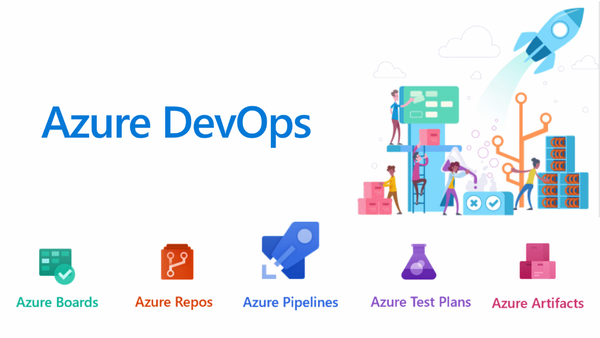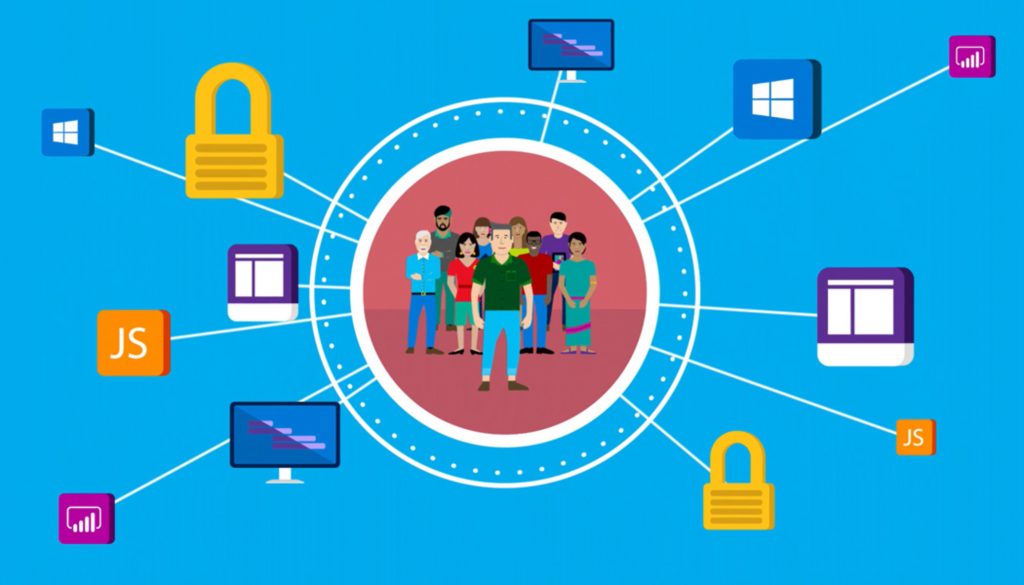Every business that is geographically diversified or provides services based on Microsoft systems is best off using MS Azure as a cloud service provider. However, there are huge differences between the way Azure cloud operates and doing the same using other cloud platforms — mainly because of Microsoft Server operating systems. Therefore, while Azure serves nearly 30% of all cloud customers, 80% of these are Fortune500 enterprises able to hire Azure DevOps internally or receiving Azure technical support directly. But where to find a good Azure DevOps expertise if you are not a Fortune500 enterprise?
There are 3 most common ways of obtaining access to Azure DevOps skills;
- Hiring the experts in-house or as freelancers
- Subscribing to Azure tech support or getting it from certified Azure partners
- Working with a team from a Managed Services Provider like https://itsvit.com/.

Let’s discuss the advantages and pitfalls each of these approaches presents.
Working with freelancers or hiring specialists to your team
The quickest way to finding an Azure DevOps expert is through a platform like TopTal or Upwork. Search for top-rated specialists, select the one with appropriate skills/experience and the hourly rate that meets your expectations and start working with him/her. However, many businesses are reluctant to provide access to their core systems and prefer hiring the staff in-house instead.
This can be a solution in this case, especially if you are located in a big IT hub like London, New York, San-Francisco or Silicon Valley. However, not all businesses have the budgets required to attract top-rated Azure DevOps engineers there — or hunt them from the enterprises where they are currently employed. Besides, hiring a DevOps expert in-house has all the downsides of any other recruitment:
- you need to invest lots of time and money in recruitment to attract the talent
- you need to devote lots of effort to HR processes to ensure the talent becomes a part of the team quickly
- the employee can fall ill, go on vacation or paternal leave or simply quit the job, which will put all the related tasks on hold, endangering the project

This is why many businesses decide to be on the safe side and subscribe to Azure tech support
Subscribing to Azure tech support
This might seem the best solution, as your project will be maintained by highly qualified DevOps engineers from the cloud vendor or its certified partners, who will use the most fitting Azure web services to achieve your project requirements and business goals. However, keep in mind that these experts will use Azure features and products only, which essentially means vendor lock-in. This is not as damaging as with other platforms, as you are not likely to move anywhere from Azure anyways — yet it might cost you a lot in subscription fees.
Besides — even under SLA coverage, your tickets will be processed in a queue with thousands of other requests, so 4 hours till response are much more probable than 15 minutes. This is not the most encouraging perspective for force-majeure situations when your business loses money with every minute of downtime.

Due to the reasons described above, gaining access to an independent Azure DevOps expertise can be the best choice for your business.
Working with an outsourced Azure DevOps team.
If you want to combine the benefits of the two approaches described above without getting any of their shortcomings — consider outsourcing your Azure DevOps operations to a reliable Managed Services provider. Such a team will have the same level of expertise as engineers from Azure certified partners (and they might have Azure certificates themselves) but will use open-source tools wherever possible to minimize your Azure bills. They will respond to issues in 5-15 minutes, not in 4 hours. Working with them will cost less, as compared to hiring in-house specialists, while you will retain the same level of control over their workloads.
The only challenge here is actually finding a reliable contractor. Do your homework: google for positive customer reviews, look for top-rated companies from various ratings, read the company blogs and social media to form your opinion. Have a couple of technical calls and you will be able to discern braggarts from true professionals, who will ask the right questions and propose the solutions surpassing your expectations.